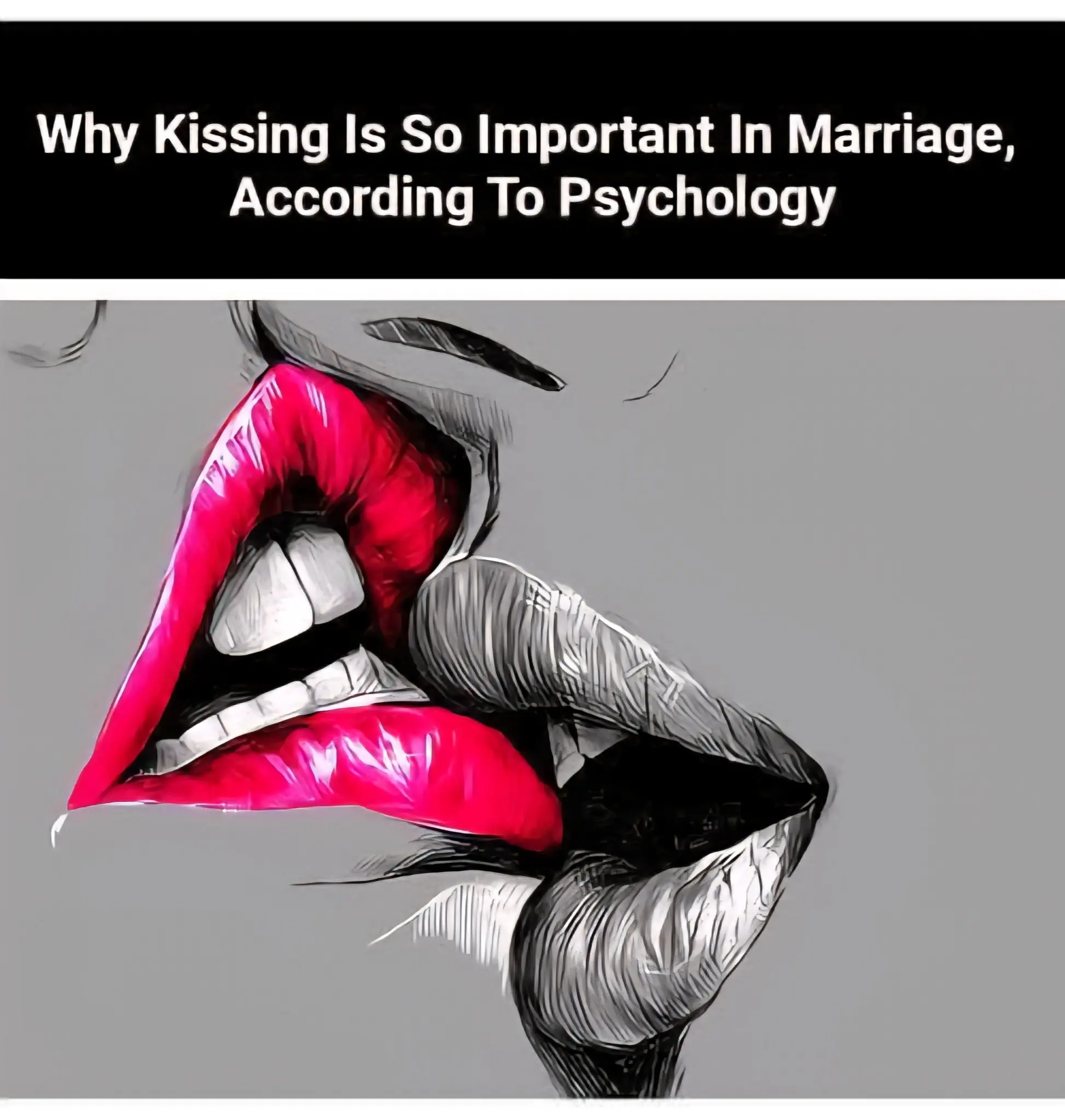
10 Rude Habits That Could Actually Be Signs of Intelligence

People often mistake certain behaviors as bad manners or arrogance, but sometimes they point to something entirely different. What looks rude on the surface may actually reflect a sharp, active mind. Highly intelligent people don’t always conform to social expectations, and that can create misunderstandings. Many of these so-called rude habits are tied to traits like curiosity, focus, and honesty. While they can irritate others, they often reveal deep thought and insight. You may recognize some in yourself or people around you and see them differently after reading.
1. Interrupting Others During Conversations
Interrupting is usually seen as disrespectful, but not every interruption is rooted in rudeness. Intelligent people often think quickly and process ideas faster than the flow of conversation. They may jump in to share a thought before it slips away. This behavior is less about dismissing others and more about keeping pace with their own rapid thinking. While it can frustrate listeners, the intent is often to engage, not dominate. When handled with awareness, interruptions can even spark lively, stimulating discussions.
2. Correcting People Publicly
Pointing out mistakes in public rarely earns appreciation, yet intelligent individuals sometimes do it without hesitation. They value accuracy and truth more than appearances. When they hear incorrect information, they feel compelled to set the record straight. Though it can come across as condescending, the goal is often to share knowledge rather than embarrass. This need for precision comes from their analytical nature and respect for facts. It may sting in the moment, but it often benefits the conversation in the long run.
3. Appearing Blunt or Direct
Bluntness often gets labeled as rude, but for highly intelligent people it reflects honesty. They prefer straightforward communication over sugarcoating. This directness saves time and prevents misunderstandings, even if it sounds harsh to sensitive ears. For them, clarity matters more than comfort. What others view as coldness is usually an effort to be truthful and efficient. When expressed carefully, bluntness can build trust and reduce confusion.
4. Losing Patience Quickly
A short temper is often seen as a flaw, yet impatience can signal sharp thinking. Intelligent people process information quickly and expect others to keep up. When conversations drag or details seem unnecessary, frustration builds. This reaction is not always disrespect—it reflects a desire to move forward efficiently. They value progress and dislike wasting time on trivialities. Recognizing this context makes impatience easier to understand.
5. Questioning Authority
Challenging rules or questioning authority often looks rebellious, but it also shows independent thinking. Intelligent people rarely accept things at face value. They want to know the reasoning behind rules before following them. This curiosity may appear defiant, but it stems from a drive to understand and improve systems. Many breakthroughs in history happened because someone dared to question authority instead of blindly obeying. While it may irritate leaders, it’s often a sign of critical thought.
6. Forgetting Social Niceties
Skipping small talk, forgetting to say “thank you,” or not greeting someone properly can seem rude. But intelligent people often focus so deeply on ideas that social rituals slip their mind. They prioritize meaningful exchanges over formal pleasantries. What looks cold usually reflects where their attention is invested—solving problems rather than observing rituals. With mindfulness, they can balance both without losing authenticity.
7. Daydreaming During Conversations
Zoning out mid-conversation often looks like disinterest, but it can mean the mind is working overtime. Intelligent people may drift off because their brain is connecting ideas or exploring possibilities. They might be processing something you said on a deeper level. While it looks like inattention, it often reflects intense mental activity. Their daydreaming is not disrespect but a shift into abstract thought. Once they return, their insights can surprise others.
8. Swearing Often
Swearing is usually criticized as rude or unprofessional, but studies show it can signal high verbal intelligence and honesty. Intelligent people may use strong language to convey emotion more effectively. It can also create a sense of authenticity and trustworthiness. Though frequent swearing may offend some, it often reflects a sharp awareness of language. Used thoughtfully, it can even strengthen connections by showing genuine expression.
9. Ignoring Messages or Calls
Not responding quickly to texts, emails, or calls can feel dismissive. But for intelligent people, it often comes down to priorities. They may be absorbed in projects or deep thinking and find constant communication disruptive. Instead of juggling endless replies, they focus on what matters most. While this can frustrate others, it reflects an effort to protect mental space. With clear communication, this habit can be managed without harming relationships.
10. Preferring Solitude Over Socializing
Declining invitations or avoiding gatherings can seem unfriendly. Yet intelligent people often recharge in solitude. They use quiet time to think, create, and process ideas. Too much socializing can drain them, so alone time is essential for balance and productivity. What may look antisocial actually reflects self-awareness and respect for personal limits. By choosing solitude, they preserve energy for deeper connections and meaningful work.
Rethinking What We Call “Rude”
What people often label as rude may actually be signs of intelligence. Many of these habits stem from quick thinking, deep focus, or a pursuit of truth. While they can frustrate others, they usually are not intended to harm. Looking at these behaviors differently can reduce tension and spark empathy. Instead of rushing to judge, consider whether the action comes from thoughtfulness rather than carelessness. Intelligence does not always look polished—sometimes it looks messy. By recognizing this, we can better appreciate the complexity of human behavior.
News in the same category


12 Signs She Has a Lot of Experience with Men

Why Natural Beauty Deserves More Appreciation

Things that make men instantly unattractive

When a Woman Stops Loving: Recognizing the Signs and Taking Care of Yourself

The Romantic Rituals of Seahorses: A Morning Dance of Devotion

Why You Shouldn’t Pour Hot Water Into the Kitchen Sink

The Gentle Side of the King: How Lions Pretend to Be Hurt to Teach and Empower Their Cubs

Why Do Humans Kiss, and What Happens When We Do It?

Discover Love in the Little Things: Everyday Connections

The shape of your fingertips reveal your true personality

The Secret of Our Hands: Does It Reveal Wealth or Poverty?

The reason dogs often chase people

The Little Bow on Women’s Panties: More Than Just a Pretty Detail

The Meaning of the Main Lines of the Hand

Baby Gorilla Skeletons Show Striking Similarities to Human Infants, Scientists Explain

What’s the Purpose of That Tiny Hole in a Safety Pin?

Pick a nut and uncover if you’re lazy or a workaholic

Most People Don’t Realize What a Mouth Piercing Means … Check 1st comment
News Post

WHAT HAPPENS WHEN WE TONGUE KISS…See more

Nature’s Secret: 4 Healing Leaves That Support Metabolism, Immunity & Circulation Naturally

Don’t Drink Coconut Water Before You Know These 11 Secrets!

Pumpkin Seed Milk — The Natural Parasite Cleanser

Fast Rice Water Trick for a Brighter Smile

Morning Drink to Revive Your Kidneys Fast

The Onion Recipe That Could Transform Your Blood Sugar, Support Cleaner Arteries, and Protect Your Heart!

Top 4 Fruits That Help Your Kidneys Flush Out Toxins While You Sleep

Ginger, Clove, and Honey: The Natural Trio Your Body Will Thank You For

Heal 15 Years of Joint Pain Naturally with Turmeric and Honey Tea

This Juice Revived My Grandma’s Energy — Say Goodbye to Fatigue and Body Pain with This Natural Recipe

The Benefits of Eating 2 Boiled Eggs Every Morning: Transform Your Health!

If Your Kidneys Are in Danger, Your Body Will Send You These 8 Signals — Don’t Ignore Them

The Surprising Effects of Avocado on Your Heart and Brain

Ways to Get Over a Man Who Didn’t Value You

I’m 66 but Look 36 — My Secret? Aloe Vera & Ginger for Firm, Smooth Skin

How to Make Okra Water to Treat 17 Health Problems Naturally

Banana and Egg Mask to Look Younger Even in Your 80s

Scent Leaf Secrets Unveiled: 10 Surprising Health Benefits of This Miracle Herb
